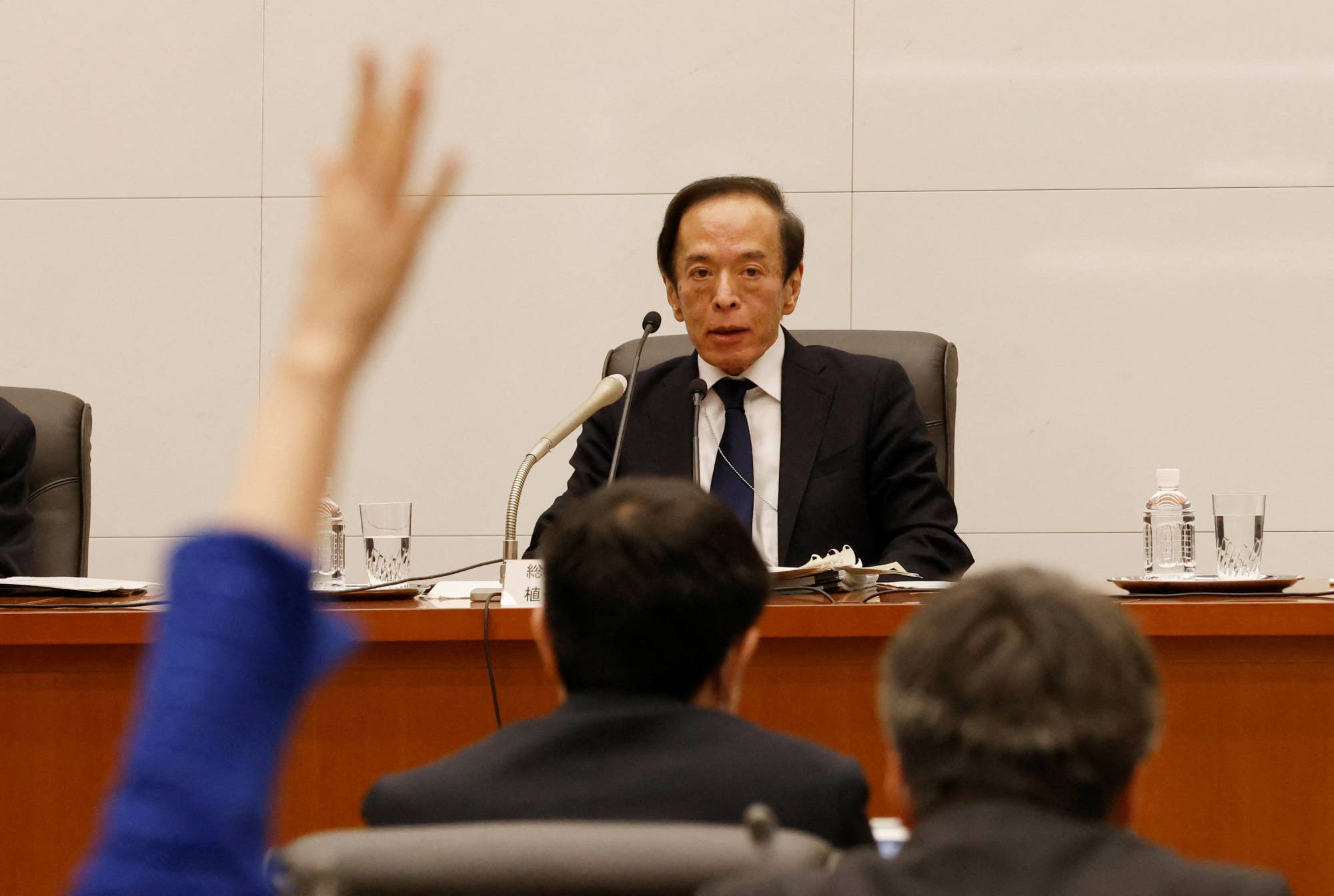Despite growing speculation that the Bank of Japan will shift from its decadelong aggressive easing after its leadership change, new Gov. Kazuo Ueda seems to be in no rush to make any changes after he reiterated the importance of maintaining monetary stimulus on Monday.
Appearing at his inaugural news conference, Ueda said he will not quickly move to adjust some policy measures seen as problematic, including the so-called yield curve control (YCC) program.
“We will be continuing the current easy monetary policy,” said Ueda, who began his five-year term Sunday, adding that the target of stable and sustainable 2% inflation backed by healthy wage hikes will remain unchanged as well.
















With your current subscription plan you can comment on stories. However, before writing your first comment, please create a display name in the Profile section of your subscriber account page.